Knowledge Platform for Migration Governance in Africa
In the ongoing political dialogues on migration and mobility both within Africa as well as between Europe and Africa, the African perspective is often not adequately represented. We want to give African migration policy experts across the continent a stronger voice, ownership, and prominence to advance a robust migration governance system in Africa that works to the benefit of all.
The Knowledge Platform for Migration Governance in Africa, coordinated by the African Diaspora Policy Centre (ADPC), serves as a facility that strengthens the interface between research, policy, and practice in migration and mobility governance in Africa. The Platform provides a space for African migration policy experts to convene, network, exchange knowledge, cross-fertilize ideas and co-create new knowledge in the field from the perspective of Africa in the form of a South-South exchange.
It provides insights into local level perspectives and specific country experiences, and a deeper understanding of the complexity and challenges of the multi-facets of migration and mobility dynamics in Africa that are not widely documented. Moreover, the Platform aims at strengthening the institutional capacity for migration governance at local, continental, regional, and national levels.
African-European Civil Society Migration Dialogue
A close cooperation of African and European civil society organizations on migration and mobility is urgently needed to shape the Africa-Europe partnership. To support long-term cooperation and better access to political decision-makers on both continents, VENRO, the umbrella organization of development and humanitarian non-governmental organizations in Germany, launched the African-European Civil Society Migration Dialogue.
The project aims at strengthening civil society networks and organizations from Africa and Europe to positively influence migration policy between the two continents through practical contributions. The organizations develop common positions to shape the political discourse and actively contribute to a rights-based and development-oriented migration policy. The AU-EU Summit and the International Migration Review Forum (IMRF) provide the political framework for an intensive intercontinental exchange between civil society actors on fair migration conditions. Digital tools and platforms provide new spaces for interaction and networking, enabling broader political and strategic discussions on migration and mobility.
The aim is to establish long-term cooperation between relevant partner organizations in Africa and Europe and to strengthen their collaboration.
Innovation in Africa-Europe Relations beyond Covid-19
Climate, trade, investments in infrastructure, governance and migration are key issues in Africa-Europe relations. It is no secret that migration remains a highly contentious issue between the two continents. Covid-19 has dealt a severe blow to both continents, both in human and economic terms, and a strong partnership will be key for the recovery. Importantly, this will need to be a partnership of equals, where states as well as businesses, civil societies and local actors can play an increasingly important role to strengthen cooperation across borders.
To explore innovative initiatives and strengthen Africa-Europe relations on migration, mobility and beyond, we launched an event series, co-hosted by the Robert Bosch Stiftung and ODI, and implemented in partnership with the Calouste Gulbenkian Foundation and the Open Society Foundations.
The kick-off event in December 2020 assessed the political landscape, common ground and divisions on migration and mobility, and the opportunities for collaboration and strengthening partnerships in and between the regions. In March and May 2021, two thematic roundtable discussions took place featuring innovative initiatives which harness human mobility within and between Africa and Europe to tackle both continents’ most pressing challenges: climate change and human mobility and labour migration and skills development in the Covid-19 recovery. The event on climate change and human mobility brought together representatives from three different communities – climate change mitigation, migration and labour policy – to discuss how human mobility can contribute to the adaptation and mitigation of climate change, as well as anticipating needs, (re)skilling, and facilitating the low-carbon transition. The webinar on labour migration and skills development in the Covid-19 recovery highlighted mechanisms to promote fair migration between and within Africa and Europe and how they can help respond to skills shortages and labour market needs and support genuine skills exchanges between the two continents.

